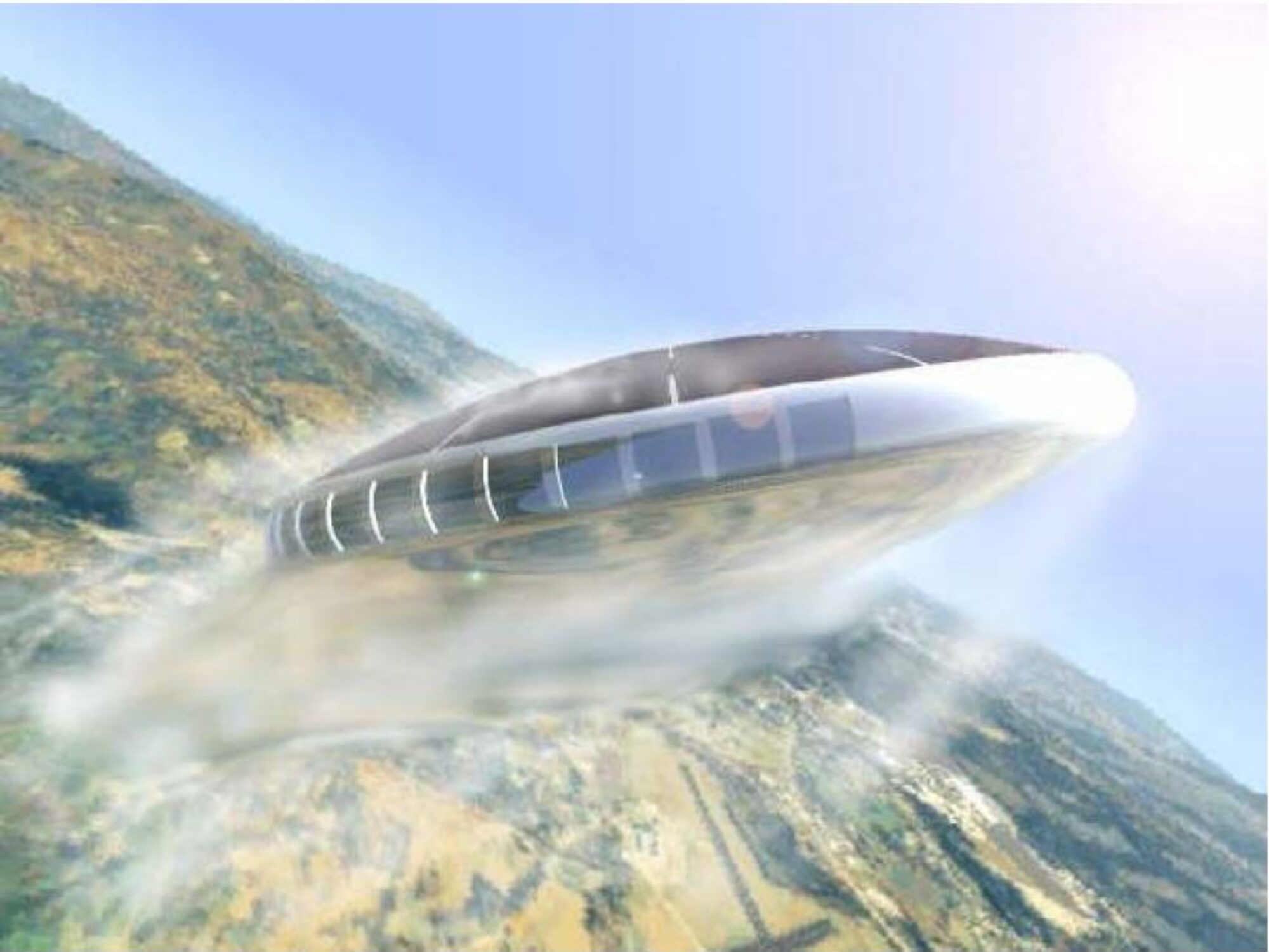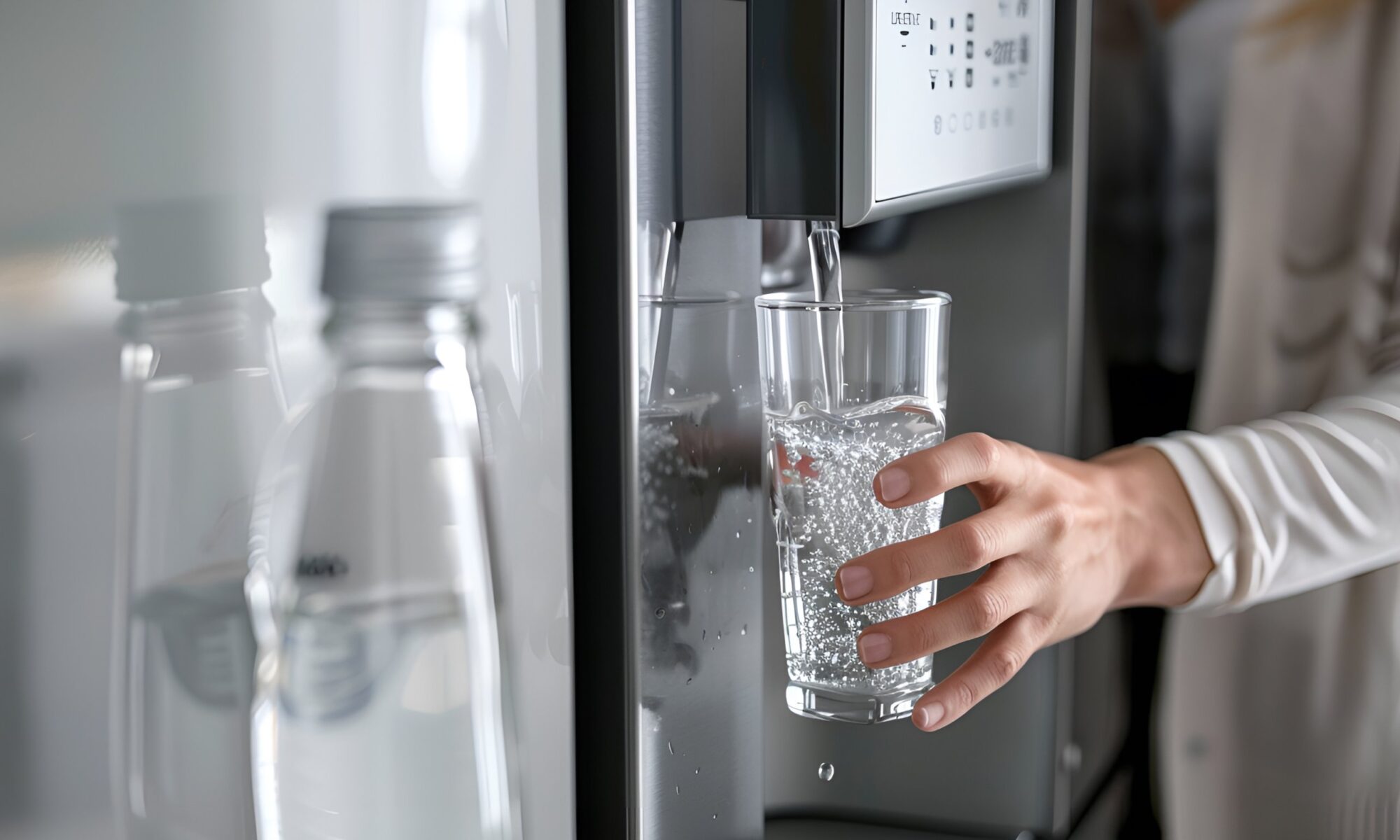In Malaysia’s diverse and bustling business landscape, providing clean and safe drinking water for employees is not just a matter of comfort but also a legal and ethical obligation. Given the country’s humid climate and varying water quality, businesses must prioritize effective water filtration solutions. This article explores the importance of clean drinking water in Malaysian workplaces and discusses commercial water filter malaysia solutions suitable for different types of businesses.
The Importance of Clean Drinking Water in the Workplace
1. Health and Safety
Access to clean drinking water is crucial for maintaining the health and safety of employees. Contaminated water can lead to various health issues, including gastrointestinal infections, dehydration, and other waterborne diseases. By providing safe drinking water, businesses can reduce absenteeism due to illness and foster a healthier work environment.
2. Employee Productivity and Satisfaction
When employees have access to clean water, they are more likely to stay hydrated, which directly impacts their productivity. Dehydration can lead to fatigue, reduced concentration, and impaired cognitive function. Furthermore, providing clean drinking water demonstrates an employer’s commitment to employee welfare, enhancing job satisfaction and retention.
3. Compliance with Regulations
In Malaysia, businesses are required to comply with health and safety regulations, which include providing safe drinking water to employees. Failure to meet these standards can result in penalties and damage to a company’s reputation. Implementing proper water filtration systems helps businesses adhere to legal requirements and avoid potential liabilities.
4. Environmental Responsibility
Switching from bottled water to a commercial water filtration system reduces plastic waste, contributing to environmental sustainability. By investing in water filtration solutions, businesses can minimize their carbon footprint and promote eco-friendly practices.
Commercial Water Filtration Solutions
When it comes to providing clean drinking water in commercial settings, several water filtration solutions are available, each tailored to specific business needs. Here are some common solutions for different types of businesses in Malaysia:
1. Offices
In office environments, employees typically require easy access to drinking water throughout the day. Here are some effective filtration options:
- Point-of-Use (POU) Systems: These systems are installed directly at the water source, providing filtered water on demand. POU systems often use reverse osmosis (RO) technology, ensuring the removal of contaminants such as chlorine, heavy metals, and microorganisms.
- Water Coolers with Filtration: A popular choice for offices, water coolers equipped with filtration systems provide both hot and cold water. These units can be plumbed directly to the water supply, offering a continuous source of clean water without the need for bottled water deliveries.
- Under-Sink Filters: For offices with limited space, under-sink filtration systems can be installed to provide high-quality drinking water directly from the tap. These systems are discreet and effective, ensuring that employees have access to clean water without taking up counter space.
2. Restaurants and Cafés
For food and beverage establishments, the quality of water is paramount not only for drinking but also for food preparation and beverage production. Consider the following filtration solutions:
- Multi-Stage Water Filtration Systems: These systems combine several filtration methods, such as sediment filters, activated carbon filters, and reverse osmosis, to remove a wide range of contaminants. This results in purified water suitable for cooking and serving beverages.
- Commercial Ice Machines with Filtration: Many restaurants and cafés rely on ice machines that use filtered water to produce ice. Installing a filtration system ensures that the ice is free from impurities, improving the quality of drinks served to customers.
- Whole-Building Filtration Systems: For larger establishments, a whole-building water filtration system can be installed to treat all incoming water. This ensures that all water used in food preparation, cooking, and cleaning meets safety standards.
3. Manufacturing and Industrial Facilities
In industrial settings, maintaining water quality is critical, especially if water is used in production processes. Here are some options for industrial water filtration:
- Reverse Osmosis Systems: RO systems are effective for removing dissolved solids, heavy metals, and other impurities from water. These systems can be scaled up to meet the high demand of manufacturing facilities.
- Ultraviolet (UV) Water Purification: UV systems use ultraviolet light to disinfect water by killing bacteria and viruses. This method is effective for ensuring that water used in production processes is free from harmful microorganisms.
- Water Softening Systems: In areas with hard water, water softening systems can be implemented to reduce mineral content. This prevents scaling in equipment and improves the efficiency of water-using processes.
Choosing the Right Water Filtration System
When selecting a water filtration system for a business, several factors should be considered:
1. Water Quality Assessment
Before choosing a filtration solution, it is essential to conduct a water quality assessment. This assessment will identify specific contaminants present in the water supply and help determine the most suitable filtration system.
2. Business Size and Water Demand
The size of the business and the number of employees will influence the choice of filtration system. Larger businesses may require more robust systems capable of handling higher volumes of water.
3. Budget and Long-Term Costs
While the initial investment in a water filtration system may be significant, it is important to consider long-term costs, including maintenance and filter replacements. Evaluate the total cost of ownership to make an informed decision.
4. Compliance and Certifications
Ensure that the chosen filtration system complies with local regulations and industry standards. Look for systems certified by relevant authorities to guarantee effectiveness and safety.
Maintenance and Support for Water Filtration Systems
Regular maintenance is critical to ensure the longevity and effectiveness of water filtration systems. Here are some maintenance tips:
- Schedule Regular Filter Replacements: Follow the manufacturer’s guidelines for filter replacement intervals to maintain optimal performance.
- Conduct Routine Inspections: Regularly inspect the filtration system for leaks, clogs, or other issues to address problems before they escalate.
- Engage Professional Services: Consider partnering with a reliable service provider for regular maintenance and support. This ensures that the system operates efficiently and complies with health standards.
Conclusion
Providing clean and safe drinking water in Malaysian workplaces is essential for employee health, productivity, and compliance with regulations. By investing in commercial water filtration solutions tailored to specific business needs, companies can ensure that their employees have access to high-quality drinking water.
From offices to restaurants and industrial facilities, a variety of filtration systems are available to meet the diverse demands of different environments. As businesses continue to prioritize employee well-being and environmental responsibility, adopting effective water filtration solutions will play a vital role in fostering a healthier, more productive workplace.



escort kuşadası bayan Hayata anlam katacak bir dostluk arıyorum. Kuşadası’nda kimse var mı? https://aawsa.gov.et/
9zpeub
a2ucqj